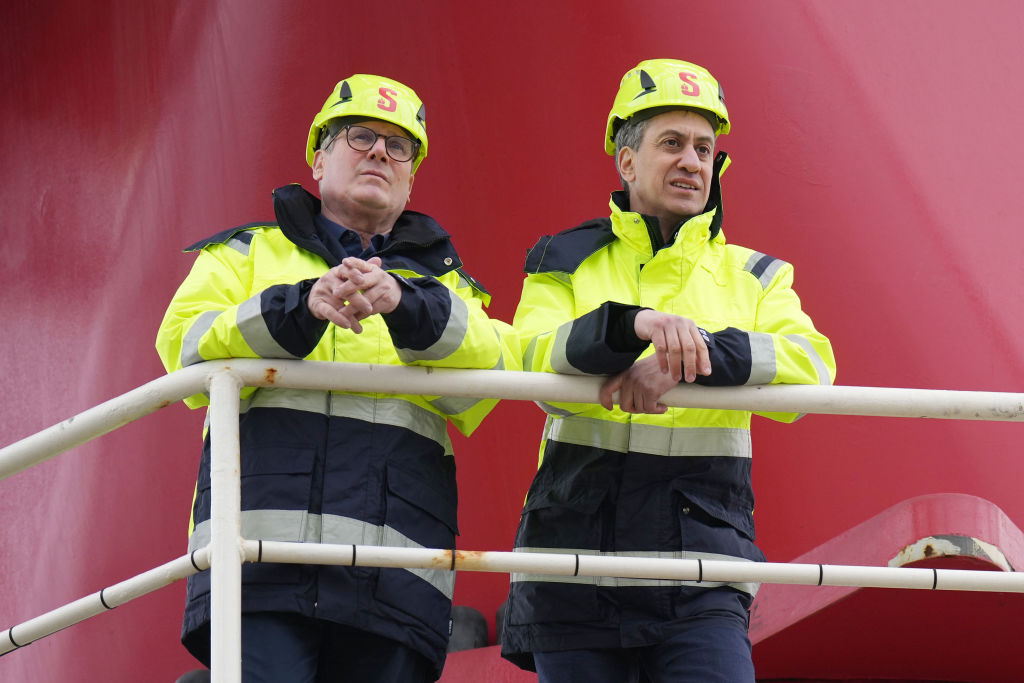The UK Government has announced details of the consultation with carmakers over the best route to achieving Net Zero targets. This is a response to job losses in the industry, most notably after the announced closure of Vauxhall’s Luton factory, and ongoing concerns over the feasibility of EV mandates. Manufacturers will have eight weeks to submit their views.
There might appear to be hope in this for those who fear Labour’s policies will herald a “carmaggedon” for the industry. What’s more, the Government press release from Christmas Eve talked of greater “flexibility” and stressed the importance of the automotive sector to the UK economy. But it also referenced some highly dubious figures on the running cost advantages of EVs and made no mention of the broader debate about the Net Zero crusade.
Paying very close attention to all this will be the executives of Japanese car giants Nissan and Honda whose intended merger was confirmed at a press conference in Tokyo this week. Nissan employs 6,000 people in the UK, with a supply chain that extends to 30,000, most of whom are based at the company’s Sunderland plant. Nissan executives have warned that the current regulations are making their business unsustainable: 22% of all sales must be EVs, rising to 28% by 2028.
Labour will need to be careful though: the Nissan-Honda merger could create the world’s third largest car manufacturer, after Volkswagen and Toyota. Mitsubishi, which currently has a partnership with Nissan, could also join and the new corporate behemoth could be worth in excess of $42 billion. The aim is to seal the deal by June 2025 and list on the Tokyo stock exchange in 2026. The essential motive is that both companies are struggling to compete with Chinese dominance of the EV market and the increasingly onerous regulations imposed by Western governments.
Nissan is in a particularly difficult situation, with some calling this a rescue mission by Honda. The company, which reduced its profits forecast massively last month from £2.5 billion to just under £1 billion, has had a fraught decade. In an acutely embarrassing incident in 2018, former CEO Carlos Ghosn escaped from Japan to Lebanon hiding in a large music equipment box on a private jet. Ghosn has described the merger talks as a sign that Nissan is in “panic mode”.
The merger is highly significant in Japan and it is testament to the special status companies like Nissan and Honda that the word “merger” was avoided until it became undeniable. Japan’s mega-corporations are more than just employers: they are proud symbols of the country’s post-war renaissance and serve as almost guardians and protectors of their employees. The deal is simple: once hired you are guaranteed a job for life. In return, you stay with the company and basically devote yourself to it. Japanese salarymen commonly introduce themselves as the virtual possessions of their company (“I am Honda’s Yamato-san”, for example). One’s real family can seem of secondary importance.
But crucially, Nissan-Honda pulling out of the UK market would be a seismic loss. And this looks increasingly possible given that the UK has the most expensive industrial energy prices in the world. Contrary to Britain’s tactics, Japan has managed to keep energy cheap, restarting its nuclear plants in the wake of the Fukushima disaster. This ought to focus the minds of Energy Secretary Ed Miliband and Transport Minister Heidi Alexander. But it is hard to imagine a dramatic U-turn from this government, or even a gear shift.











Join the discussion
Join like minded readers that support our journalism by becoming a paid subscriber
To join the discussion in the comments, become a paid subscriber.
Join like minded readers that support our journalism, read unlimited articles and enjoy other subscriber-only benefits.
Subscribe